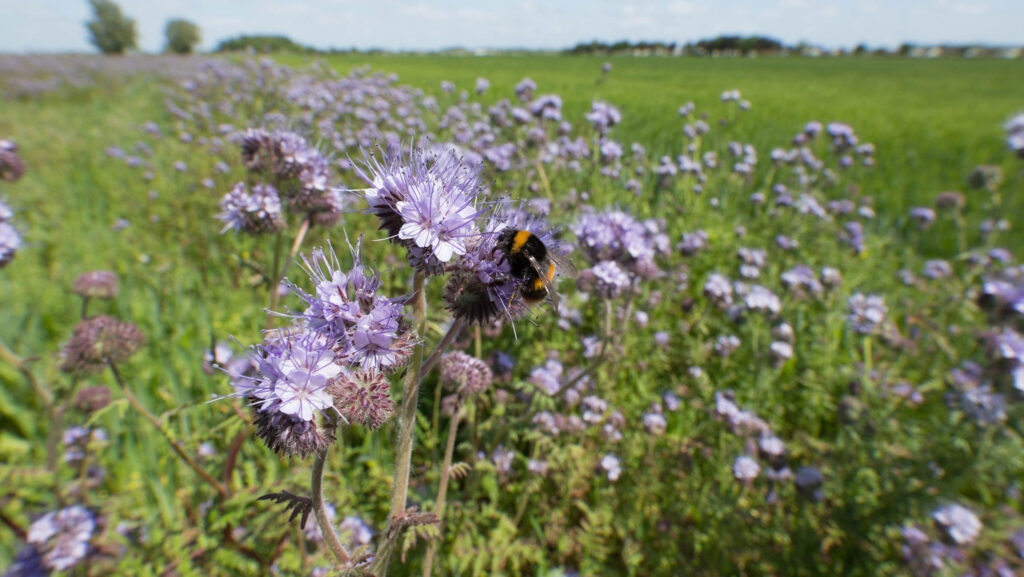English farmers face funding gap as CS agreements expire
 © Tim Scrivener
© Tim Scrivener More than 5,500 Countryside Stewardship (CS) agreements across England are set to expire between July 2025 and March 2026, leaving thousands of farmers at risk of losing vital environmental funding.
The looming expiry includes nearly 4,400 Mid-Tier CS agreements scheduled to end in December this year.
A Freedom of Information request to Defra confirmed the scale of the issue, raising alarm among farmers, environmental groups and industry leaders, who say Defra’s delay in launching replacement schemes under the Environmental Land Management (ELM) programme could undo decades of environmental progress.
See also: Defra funding gap threatens vital farmland habitats
With the new Sustainable Farming Incentive (SFI) scheme still not available and the CS Higher Tier option only being available to a handful of farmers invited for pre-application, many farmers risk being forced to abandon projects that have supported biodiversity and environmental delivery for decades.
“The biggest loss of farmland habitat since the beginning of agri-environment 30 years ago is about to happen,” warned Joe Stanley, head of training at the Allerton Project and Farmers Weekly columnist.
“Thousands of farms – including ours – find themselves without a scheme to enter. Once many farmers drop out of stewardship, it will be difficult to win them back.”
Martin Lines, chief executive of the Nature Friendly Farming Network, said: “More than 5,000 farmers in England have been left in a position of having no future agreements to be able to lock into.
“Many of these agreements have been long-standing habitat deliveries, leaving farmers faced with taking many of these areas back into production to generate other income.”
Mr Lines is calling for Defra to urgently offer a 12-month rollover of expiring CS agreements or provide alternative options to ensure these habitats remain protected.
Environmental groups have also sounded the alarm over potential damage to biodiversity and climate targets.
RSPB ‘deeply concerned’
Alice Groom, RSPB head of sustainable land policy, said: “The RSPB is deeply concerned that the loss of vital wildlife habitat risks setting progress back on our nature and climate targets.
“Government must act to prevent these vital habitats being lost by ensuring a continuation of funding.”
Meanwhile, the NFU has described the situation as “deeply troubling” and is pressing Defra to take urgent action.
NFU deputy president David Exwood said: “Farmers have had agri-environment agreements for 30 years.
“Without a plan from Defra about the future of these schemes, they’re left with a difficult decision – to either continue their environmental work, potentially putting them out of pocket, or to put this land back into food production.”
NFU request
The NFU has formally requested Defra to allow existing CS Mid-Tier agreements to roll over for 12 months and to fast-track the launch of the Sustainable Farming Incentive (SFI) to avoid a damaging gap in environmental delivery.
“Any further delay risks undoing decades worth of positive environmental action,” Mr Exwood said. “Certainty is a vital ingredient in farming – and right now, that is missing altogether.”
During questions to Defra secretary Daniel Zeichner in the Commons today, opposition MPs pressed the minister to give a date when he plans to release details of the reopening of the SFI.
Mr Zeichner would only say that further details on the scheme will be published shortly.
Defra response
A Defra spokesperson said: “We are working with the farmers to build a more profitable farming system with food production at its core and helps restore nature in an uncertain world.
“This government is making the largest investment in nature-friendly farming in history across the parliament, but we also inherited untargeted farming schemes.
“We are aware there are some agreements ending in the months ahead and considering how best to deliver for the environment, the public and farmers.”
